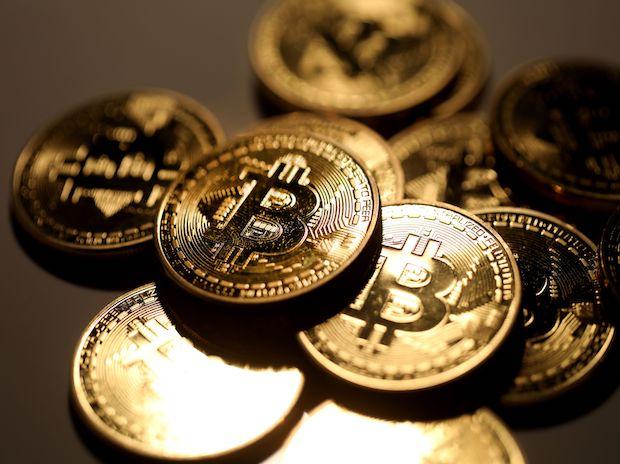By Kevin Buckland
TOKYO (Reuters) - Bitcoin consolidated around $60,000 on Monday, taking a breather from the weekend's record high as investors prepared for inflation worries and U.S. stimulus spending to propel it even higher.
The world's most popular cryptocurrency slipped as low as $58,956.90 early in the Asian session, falling from Saturday's record high of $61,781.83.
The rally may have been dampened by a Reuters report that India would pursue a ban on digital assets, a rain cloud for bitcoin following high-profile endorsements this year from the likes of Tesla's Elon Musk, Twitter's Jack Dorsey, and investment giants Goldman Sachs and BlackRock.
Bitcoin has more than doubled in 2021, after quadrupling last year.
"Investment by institutional investors and corporates is increasing. It's what I call the financialisation of bitcoin," said Masafumi Yamamoto, chief currency strategist at Mizuho Securities.
"It's becoming an asset that investors can no longer ignore."
Bitcoin's weekend surge was helped by an improvement in risk appetite in financial markets after President Joe Biden signed his $1.9 trillion fiscal stimulus package into law and ordered an acceleration in vaccinations.
That momentum carried into thinner markets on the weekend, with technical factors magnifying the move higher, according to Justin d'Anethan, sales manager at digital asset company Diginex in Hong Kong.
"The crypto market is derivatives heavy," he noted.
"A small move up triggered many liquidations throughout Saturday and Sunday, thus becoming a not-so-small move."
Seth Melamed, the Tokyo-based chief operating officer of cryptocurrency exchange Liquid, said legislation of the sort India is proposing won't be an impediment to further gains for bitcoin.
"Because it's decentralised, government bans or acceptance is somewhat irrelevant," Melamed said. "Capital will find a way."
(Reporting by Kevin Buckland; Additional reporting by Sagarika Jaisinghani and Alun John; Editing by Vidya Ranganathan and Jacqueline Wong)
(Only the headline and picture of this report may have been reworked by the Business Standard staff; the rest of the content is auto-generated from a syndicated feed.)
 Dear Reader,
Dear Reader,
Business Standard has always strived hard to provide up-to-date information and commentary on developments that are of interest to you and have wider political and economic implications for the country and the world. Your encouragement and constant feedback on how to improve our offering have only made our resolve and commitment to these ideals stronger. Even during these difficult times arising out of Covid-19, we continue to remain committed to keeping you informed and updated with credible news, authoritative views and incisive commentary on topical issues of relevance.
We, however, have a request.
As we battle the economic impact of the pandemic, we need your support even more, so that we can continue to offer you more quality content. Our subscription model has seen an encouraging response from many of you, who have subscribed to our online content. More subscription to our online content can only help us achieve the goals of offering you even better and more relevant content. We believe in free, fair and credible journalism. Your support through more subscriptions can help us practise the journalism to which we are committed.
Support quality journalism and subscribe to Business Standard.
Digital Editor

RECOMMENDED FOR YOU